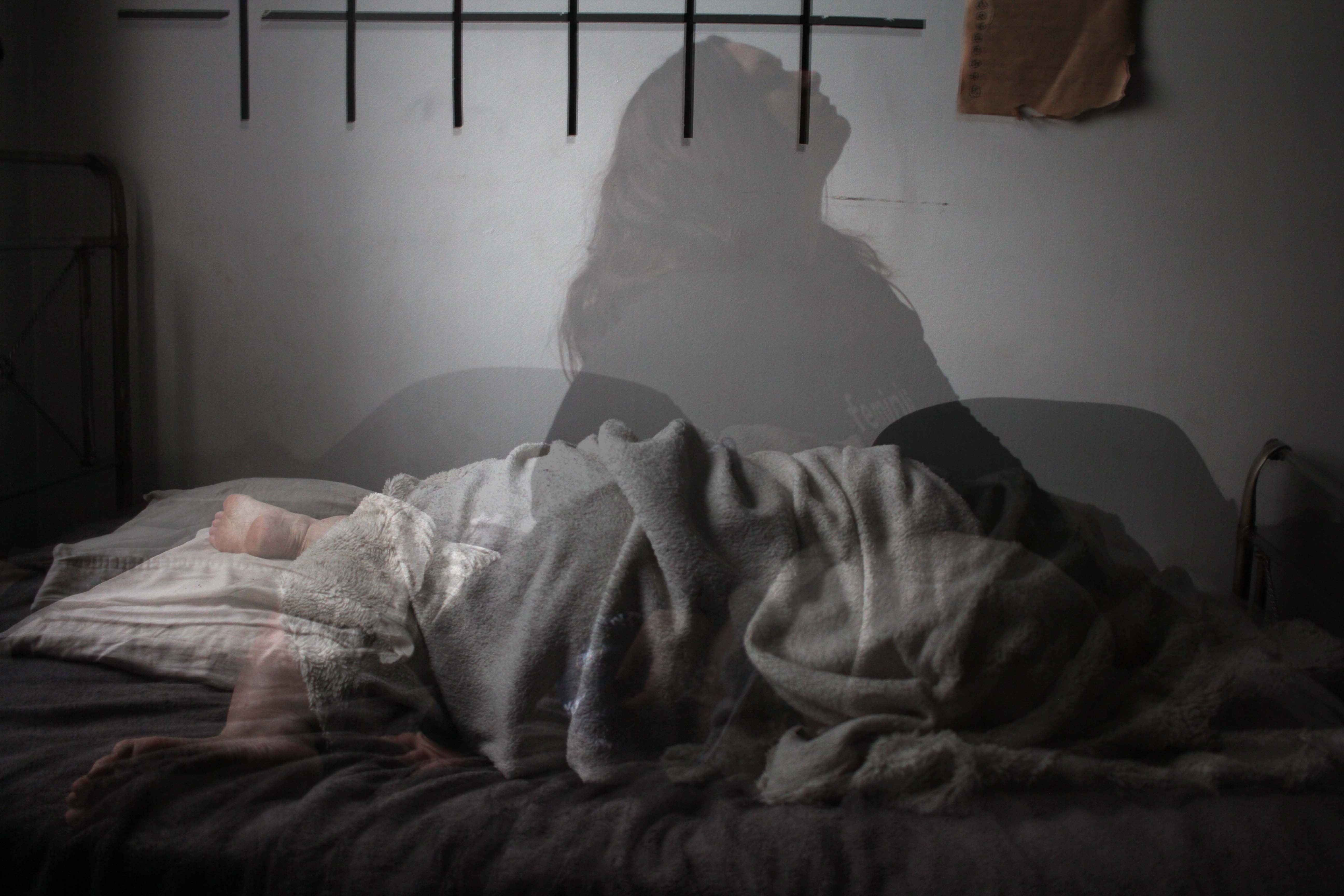Fighting Back Against Sexual Violence and Substance Abuse | Guest Post By Sharon Torres

There’s a significant public health concern that doesn’t get enough light shed on it, although recent years have seen more media coverage on the issue, it’s still not enough. Intimate Partner Violence (IPV) invades the lives of the most unsuspecting victims and much like substance abuse knows no bounds. There is not an ethnicity, race, or socioeconomic status that can protect you from experiencing intimate partner violence.
Defining Intimate Partner Violence:
The Centers for Disease Control and Prevention (CDC) defines intimate partner violence (IPV) as “physical violence, sexual violence, stalking and psychological aggression (including coercive acts) by a current or former intimate partner.” The National Intimate Partner and Sexual Violence Survey state that more than a third of women (35.6%) and even more than a quarter of men (28.5%) in the United States have reported experiencing physical violence, rape, and/or stalking by an intimate partner at least once in their lifetime. The CDC states that an intimate partner can be defined as a person with whom the victim shares a close and personal relationship that may be characterized by any of the following:
- Identity as a couple
- Emotional connectedness
- Regular contact
- Familiarity and knowledge about one another’s lives
- Ongoing sexual or physical contact or behaviors
- The relationship doesn’t have to be all of the above but can include both current or former spouses, boyfriends/girlfriends, dating partners, and sexual partners.
For those unfortunate enough to experience IPV there are four main types including stalking, physical violence, sexual violence, and/or psychological aggression. These behaviors are often exhibited in a way that is meant for one person to establish control over the other.
How Sexual Violence is connected to Substance Abuse?:
Many studies suggest that 40 to 60 % of all IPV occurrences have been found to have substance abuse playing a role. Whether substance abuse is playing a role in exacerbating violence or being one of the many reasons a person might later develop a substance abuse disorder or addiction, it’s playing its part in too many IPV cases. As mentioned earlier, intimate partner violence is often committed under one person’s desire to gain control over the other. Substance abuse and addiction are strongly linked to intimate partner violence in both ways – meaning that its substance abuse can be a factor in why the violence was committed or substance abuse can be the partial result of experiencing intimate partner violence. Other shared characteristics of intimate partner violence and substance abuse include:
- Both instances have a relation to feelings of shame and denial
- Both include a loss of control
- Behavior may continue despite increasingly negative consequences
- Substance abuse and addiction both tend to worsen over the course of time
Does Intimate Partner Violence and substance abuse have lasting effects?
Yes, unfortunately, the effects of both issues may be far-reaching. You see, many victims of intimate partner violence, especially those who have developed a substance abuse disorder, may require inpatient treatment to help them overcome abuse and trauma stemming from the violence while getting the help they need to overcome addiction. There are many inpatient drug rehabs who offer treatment with a range of mental health disorders that can occur in those who’ve experienced intimate partner violence and substance abuse such as anxiety, depression, or post-traumatic stress disorder. Because so many perpetrators of intimate partner violence were under the influence of drugs and alcohol, it makes sense that helping a growing number of people with substance abuse disorders will help control the numbers of intimate partner violence. On the contrary, helping those who experienced intimate partner violence and subsequent substance abuse disorders, will help more people to get their lives back, including becoming empowered to change their lives, and break the cycle of being a victim to intimate partner violence.
Finding Treatment:
For those who’ve been victims of intimate partner violence, it’s important to have a thorough evaluation prior to treatment. With the experience of IPV, comes the possibility that you may be facing post-traumatic stress disorder, anxiety, depression, or other mental health issues in concurrence with substance abuse. If that’s the case for you, be sure to find help at a facility that offers dual diagnosis treatment to help you overcome both addiction and the lasting effects of experiencing violence from a partner.
References:
https://www.cdc.gov/violenceprevention/intimatepartnerviolence/definitions.html
https://www.cdc.gov/ViolencePrevention/pdf/NISVS_Report2010-a.pdf
